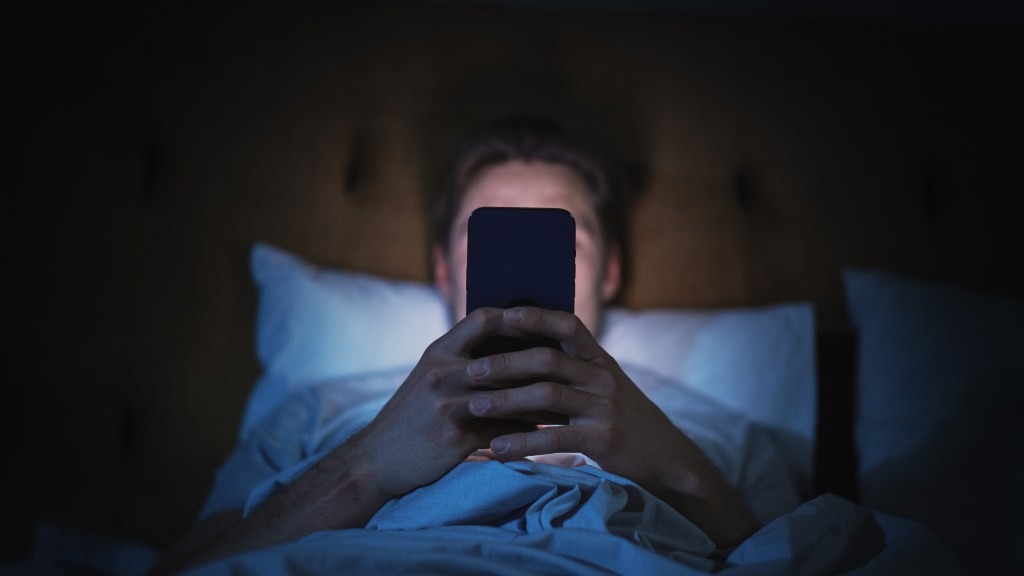Slide 1 — Doomscrolling as a secret class indicator: a viral claim about wealth, burnout, and the ‘iPad kid’
Doomscrolling—endlessly scrolling through negative content—has become a daily habit for many. A viral Instagram post by Jamie claims this habit could reveal something deeper than preference: a person’s income bracket and level of burnout. Jamie argues that overreliance on technology signals class differences, with the implication that wealthier people live less under stress and don’t raise “iPad kids.” She suggests that the very act of doomscrolling is tied to exhaustion, not luxury, and that mental escape often comes from screens when life feels overwhelming. The Post reached out to Jamie for comment and she elaborated: “People that make more money, are richer, are wealthier … you don’t see them or their kids being iPad kids. You seem them putting their kids into activities … kids that grow up well aren’t the ones over-reliant on technology.”

In This Article:
Slide 2 — The claim: Doomscrolling as a class indicator — what Jamie says
The argument is simple: doomscrolling becomes more common among those who are burned out by economic stress, while wealthier families appear to rely less on screens for relaxation. Jamie links the rise of constant scrolling to a broader social pattern: when work is punishing and life feels unstable, people seek a quick mental escape online—potentially more so for those with fewer resources. The Post contacted Jamie for comment to verify her views, giving weight to a viral claim that pairs social media behavior with social analysis.

Slide 3 — Public reaction: readers debate “iPad kids” and class
The post sparked a swift, divided conversation in the comments about whether class shapes how families use technology. “When I realized that ‘iPad kids’ was a class issue, I stopped criticising the parents.” “So interesting, because while it’s viewed as relaxing and a luxury, it’s a dangerously draining / toxic form of relaxation.” “Billionaires don’t doomscroll because they don’t have any conceivable doom to face.” The dialogue shows how a single post can ignite a larger cultural debate about technology, parenting, and money in the digital age.

Slide 4 — Health warning: doomscrolling harms sleep
Experts warn that doomscrolling is more than a bad habit—it can harm health, especially when it happens before bed. “These social media sites are designed to attract you onto the app and then hold you there,” Rachel Beard told news.com.au. “So by the time it gets to bedtime, people are making that intentional decision to sacrifice or delay sleep to either scroll on their phone or watch TV. It’s using sleep as the thing you sacrifice throughout the day.” The habit of delaying sleep for screen time is presented as a worrying trend with real consequences for health and wellbeing.

Slide 5 — What this means for all of us: reflecting on tech and class
This story isn’t just about phones; it’s a cultural moment that links technology use, burnout, and class in everyday life. Readers are invited to reflect on what their own phone habits might reveal about stress, priorities, and the future—whether we acknowledge it or not. What do you think? Post a comment and join the conversation about how our screens shape our lives and our society.


